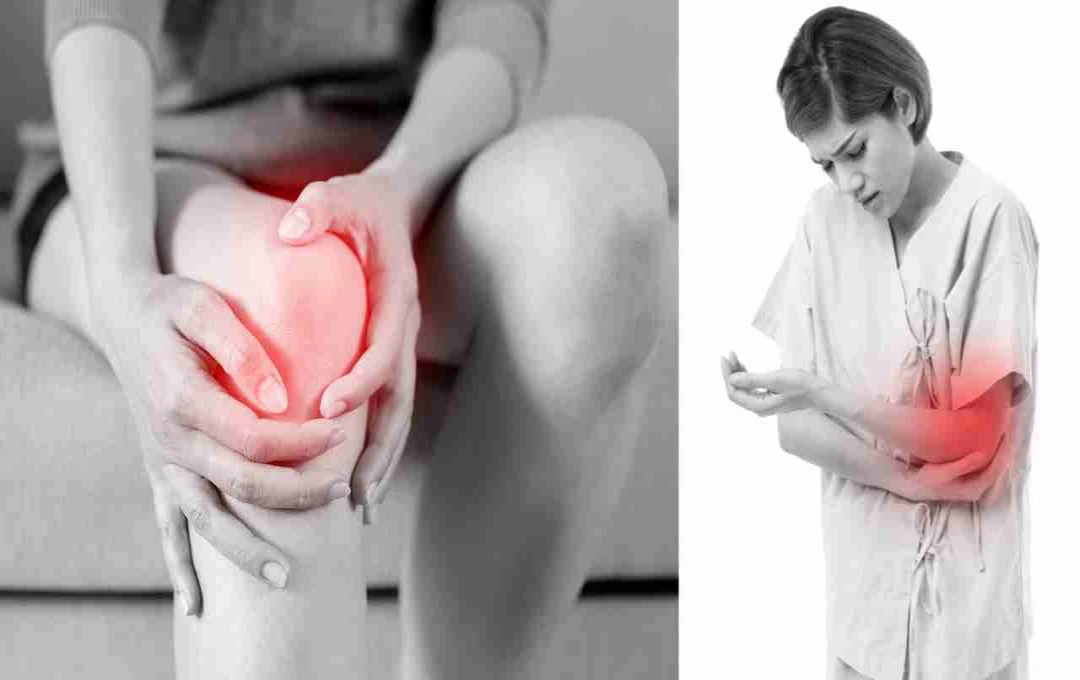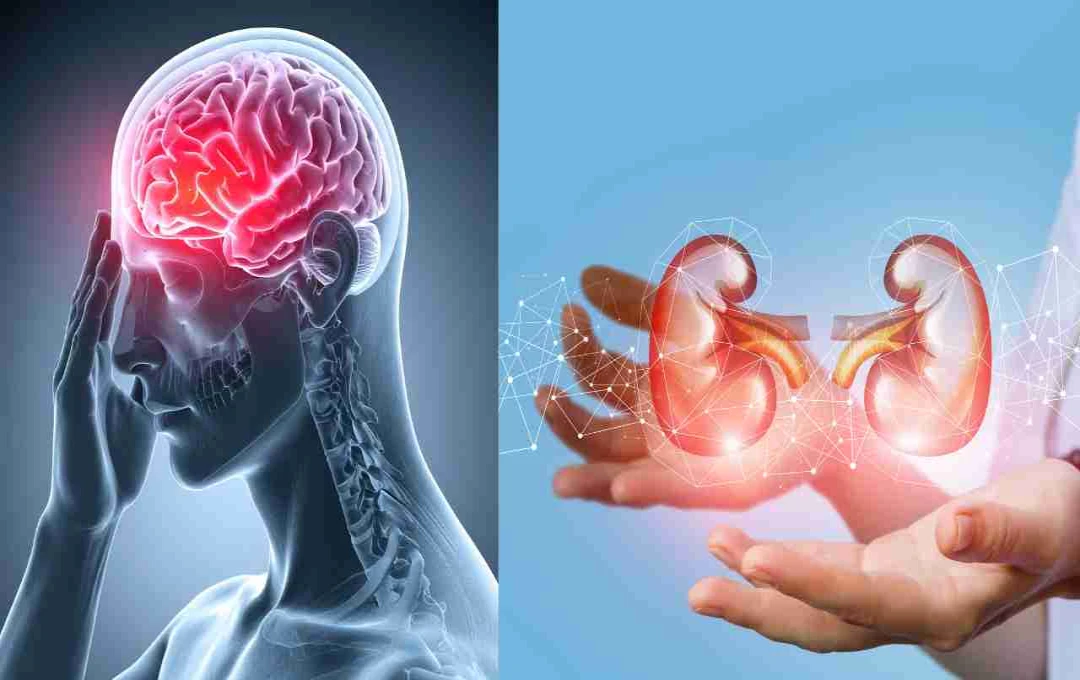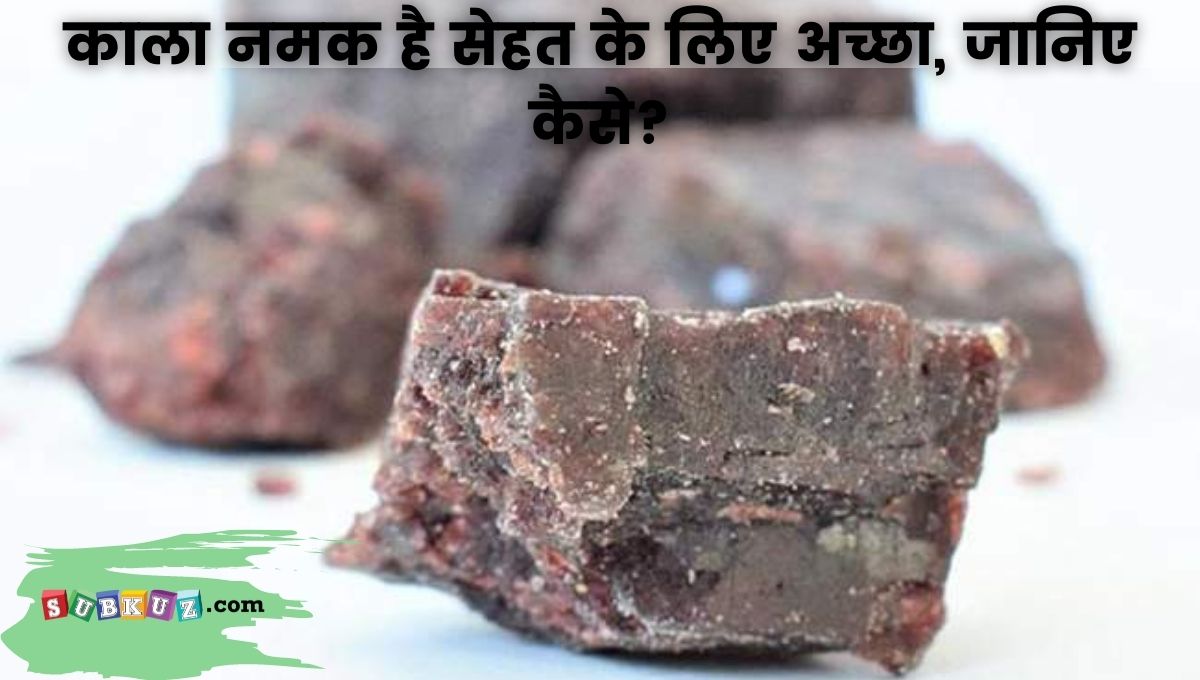If you’ve been struggling to lose weight despite persistent, minimal, or no results, the issue might be a sluggish metabolism. Metabolism, or metabolic rate, is the process your body uses to convert the food you consume into energy. When this process slows down, your body isn’t able to burn calories effectively, rendering all your weight loss efforts largely ineffective.
Therefore, it’s crucial to boost your metabolism to enable your body to burn calories more efficiently and support the weight loss process. Fortunately, you can do this naturally, without resorting to medication or expensive treatments.
Why Does Metabolism Slow Down?
- Poor Diet
- Lack of Sleep
- Insufficient Physical Activity
- High Stress Levels
- Aging
- Thyroid or Hormonal Issues
1. Adopt a Healthy Diet: Include Fiber and Protein

The first and most important step in accelerating your metabolism is adopting a balanced and nutrient-rich diet.
- Fiber-Rich Foods: Foods like brown rice, oats, and plenty of green vegetables require more effort to digest, leading to increased calorie burn.
- Protein-Rich Foods: Consuming foods such as lentils, eggs, yogurt, and chicken helps build and maintain muscle mass, which boosts metabolism.
- Limit Processed Foods: Processed, fried, and sugary foods can significantly slow down your metabolism.
2. Get Adequate Sleep: A Tired Body Doesn’t Burn Calories
The less sleep you get, the slower your metabolism will be. Lack of sleep increases the production of cortisol, a stress hormone, in the body, which promotes fat storage.
- Aim for at least 7-9 hours of deep sleep each night.
- Avoid using mobile phones and screens before bed.
- Establish a consistent sleep and wake schedule.
3. Engage in Regular Exercise: A Direct Way to Boost Metabolism
Fitness isn’t just about weight loss; it’s also a fantastic way to increase your metabolism.
- Cardio exercises (such as running, brisk walking, or cycling) burn calories immediately.
- Strength training or muscle-strengthening exercises help maintain a faster metabolism over the long term, as muscles burn more calories.
- The ‘afterburn effect’ means your body continues to burn calories for several hours after exercise.
4. Water and Green Tea: Simple and Effective Measures

Water not only hydrates your body but also keeps your metabolism active.
- Research suggests that drinking 500 ml of water can increase your metabolism by up to 30%.
- Aim to drink at least 8-10 glasses of water throughout the day.
- You can also consume green tea or black coffee in moderation, as these are metabolism boosters.
5. Eat Smaller Meals: Provide Your Body with Consistent Energy
Going hungry slows down your metabolism. Instead, it’s better to eat healthy meals in smaller intervals.
- Eat something healthy every 3-4 hours.
- Opt for fruits, nuts, sprouts, or yogurt as snacks.
- This signals to your body that food is arriving regularly, and calorie burning continues.
If you’re struggling with a slow metabolism, don’t be discouraged. Instead, take smart action. By implementing the measures outlined above, you can naturally and safely boost your metabolism. Remember – small changes can lead to significant success.















